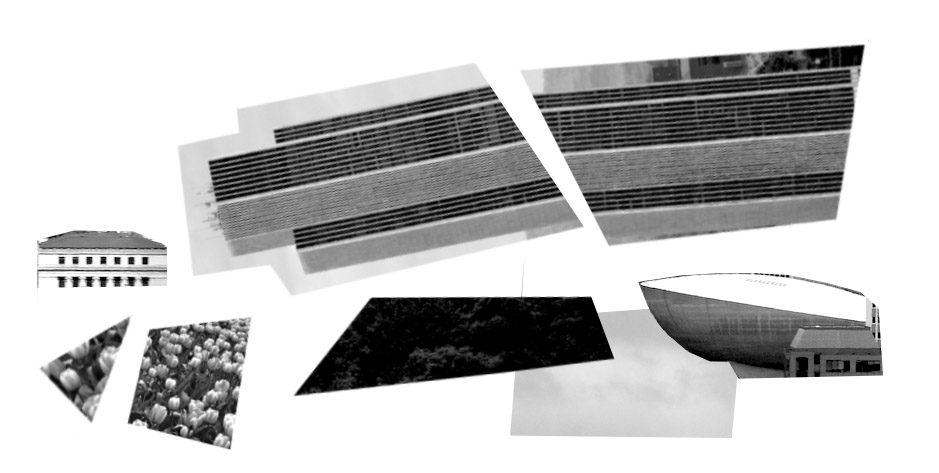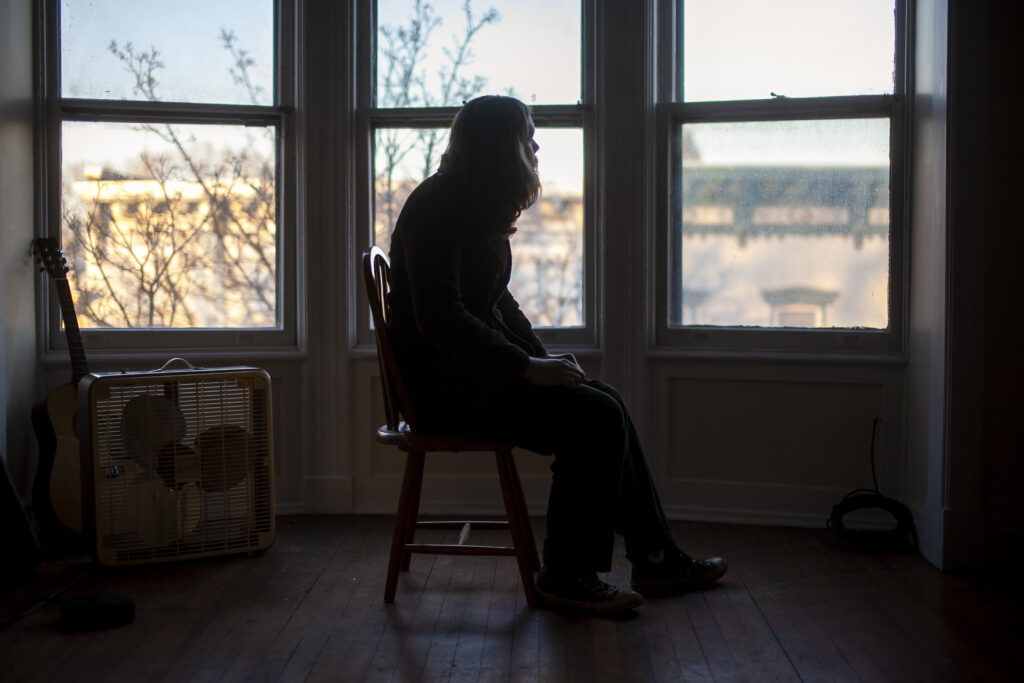
If you hung out in Albany’s dive bars, basement shows, or small galleries in the early 2000s, you probably caught a glimpse of Patrick Porter. The multi-talented creative force could often be seen sketching in a corner at Susie’s Pub or dancing like a madman to Funky Drummer at Palais Royale. Always in his signature tweed jacket, scarf, and beanie.
Porter passed away earlier this month at the age of 47. His wife announced the news from their home in Austin, Texas. Until his death he spent his entire life recording and creating art and was incapable of living a life any different. His vast library of music is available for streaming on Bandcamp.
Ronald Patrick Porter grew up a Broncos fan in the isolated mountain town of Bailey, Colorado. His earliest band, Neglected Lawn, is preserved on home videos, showing a few teenage boys with long hair and a cassette recorder, channeling the fuzz of ’90s garage rock of the era.
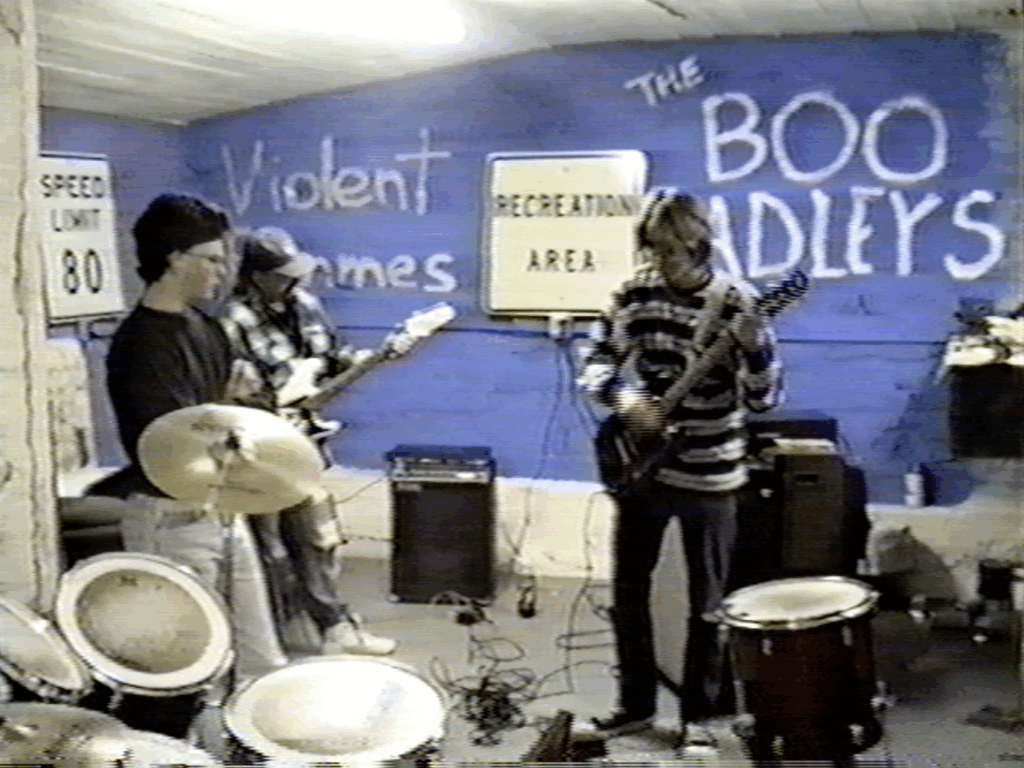
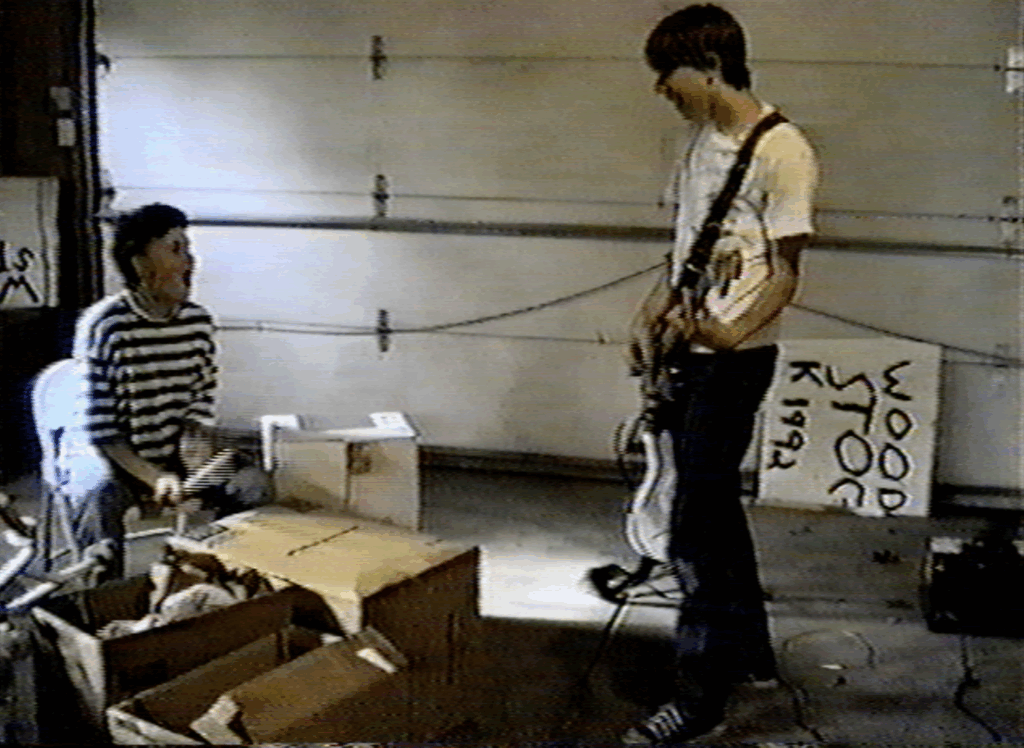
Things got more serious with Phineas Gage, a two-piece with childhood friend Josh Wambeke. Their 2001 album on Australia’s Camera Obscura Records introduced listeners to Porter’s signature blend of reverb-heavy vocals and dusty, twang-laced guitar. His solo debut, Reverb Saved My Life, followed in 2002. Over 20 albums would come after that, spread across small indie labels, self-burned CDs, Bandcamp links, and sometimes, just emailed attachments.
A 2009 article in Denver alt-weekly Westword describes his first bandmate’s friendship with Porter and their path towards musical enlightenment.
“Patrick and I would come down to Denver to go to Wax Trax,” Wambeke relates. “I would be so frightened. But when I got in there, I just wanted to stay in there all day and discover all these cool records.”
After a stint in NYC, where he sold paintings to pay the bills, Porter landed in Schenectady and named his next solo record Lisha Kill after the street where he resided. Over the following decade he lived in places most wouldn’t call home: an old auto shop in the South End, a former church in Troy, above a Cohoes pizza restaurant, even a forgotten corner of a public library. Wherever he went, his toolkit followed: his 8-track recorder, Pro Tools equipped Mac, trunk full of art supplies, and a stack of journals.
At one point, he had to find new housing after he hurled snare drums down his apartment building’s stairwell at 3 a.m. in an effort to record a very specific sound. Meticulous attention would go into his home recordings, with all parts played by himself and often incorporating manipulated field recordings and voice memos. That was Patrick’s mind at work.
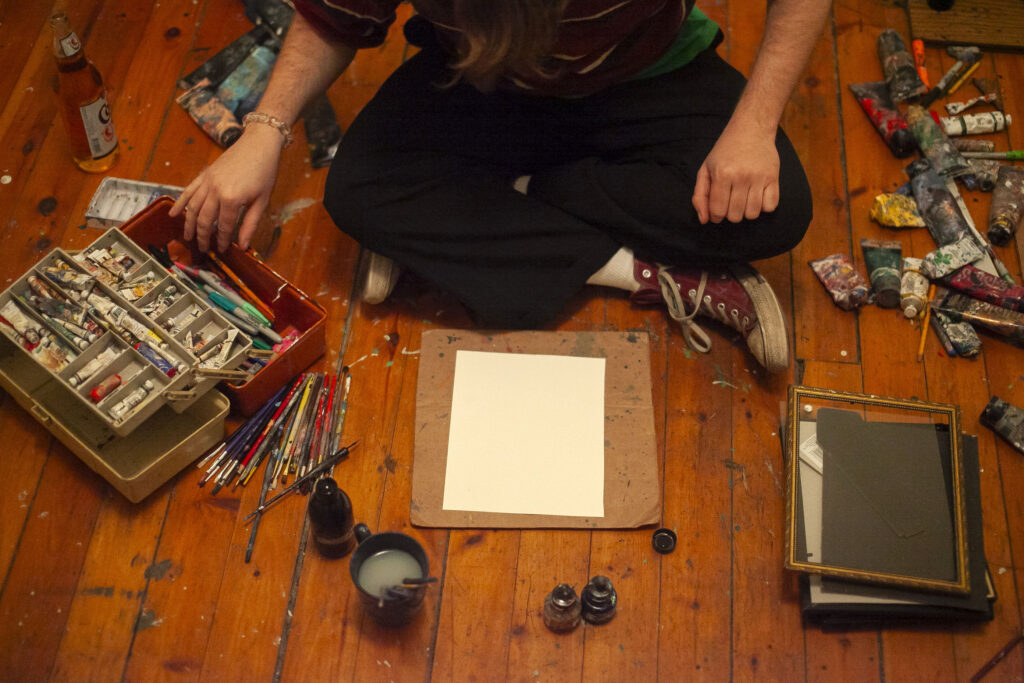
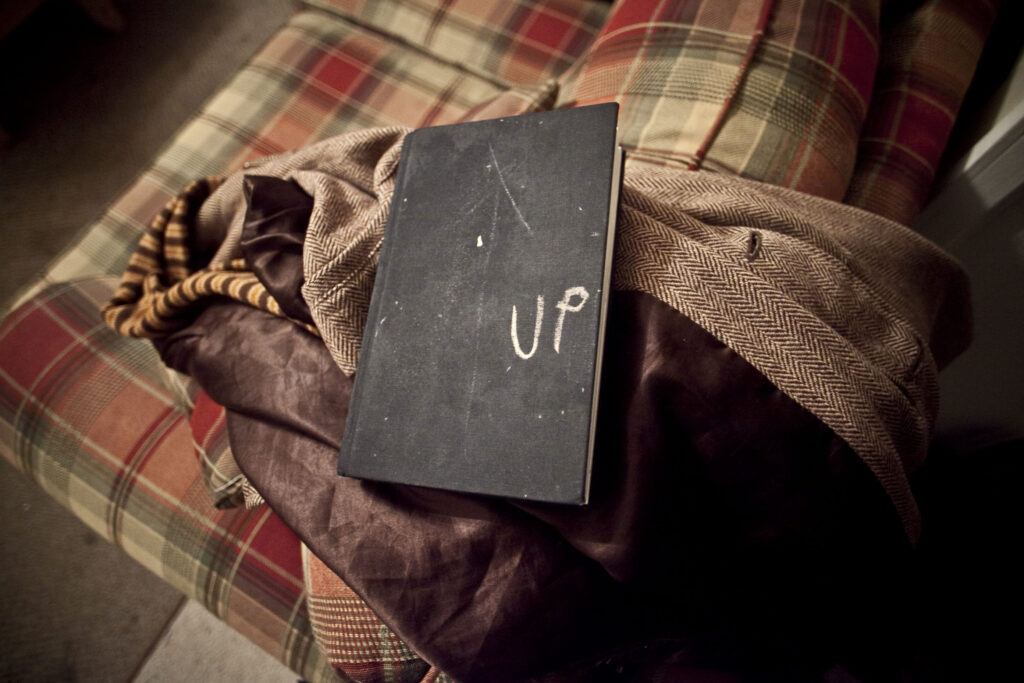
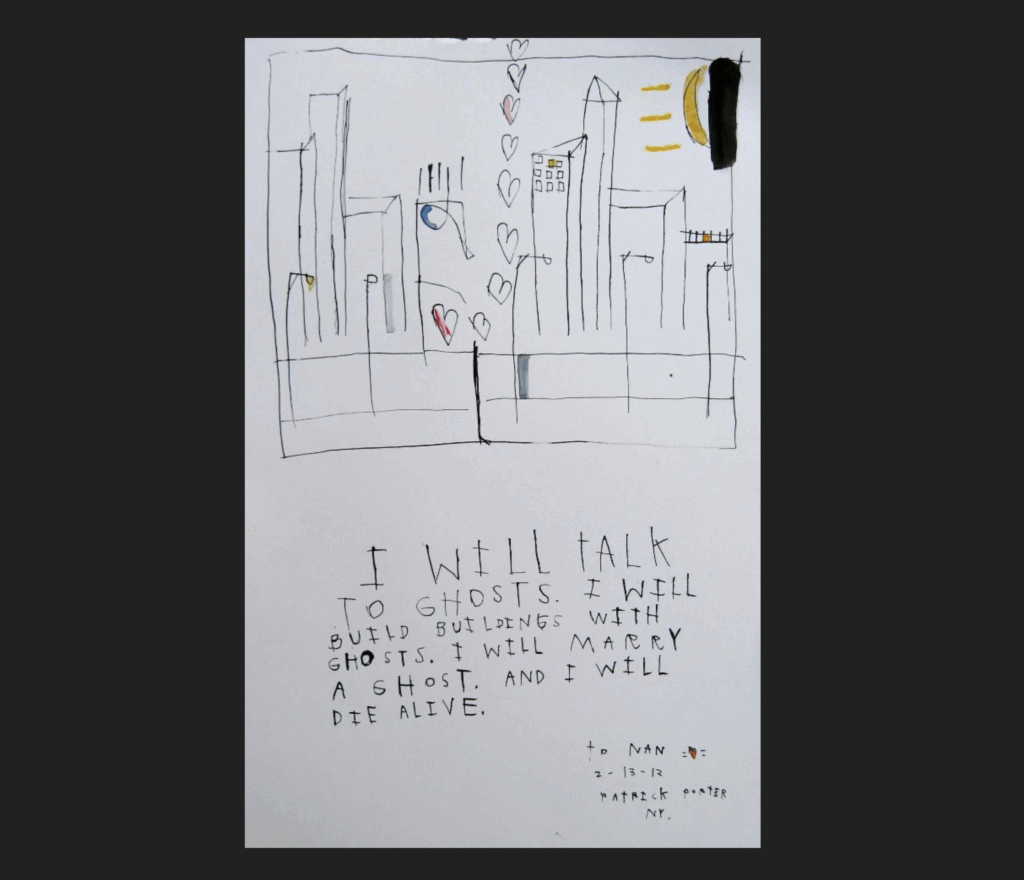
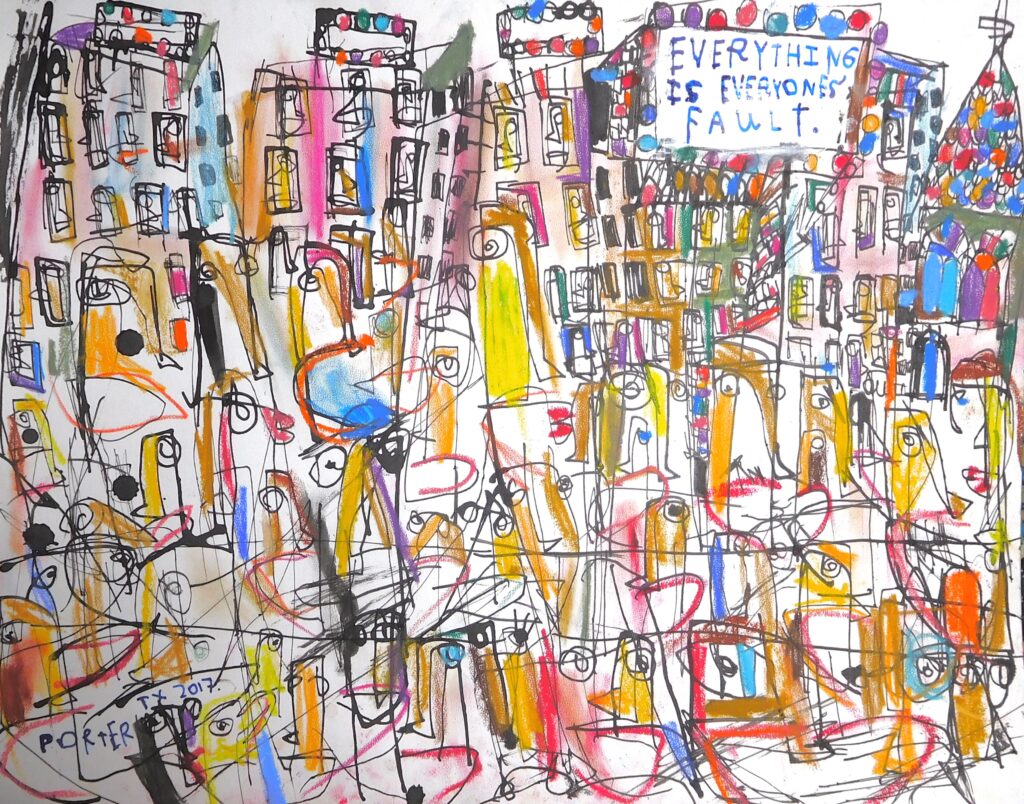
He was beloved not just for his music, but for his kindness and charm. “He was such a special guy and was so innately good at making people feel seen,” one friend recalled.
Porter’s work was complex. Some pieces were dreamy and poetic while others felt like a slap. One painting was a single black line labeled “Nebraska.” Another, 4th of July, featured a stick figure with red paint exploding from its head. His painting titles alone could be their own art form: Satan Distributing Peacock Feathers. Back to God in an Armored Car. Everything Beautiful Seems to Fall Into The Wrong Hands, Unfortunately.

He only traveled by train, claiming the slow roll of landscapes helped him write. Friends remember his magnetic drive while always living on the fray.
John Porcellino, the Wisconsin-based cartoonist behind King-Cat, called him “the most innately talented person I ever met and the closest thing I had to a brother on this planet.”
Patrick Porter didn’t chase trends. He didn’t wait for a break. He made the art he had to make and lived the way he needed to live. Lucky for us, he leaves behind a body of work that’s painfully alive.
Now that he’s gone, his music feels louder.
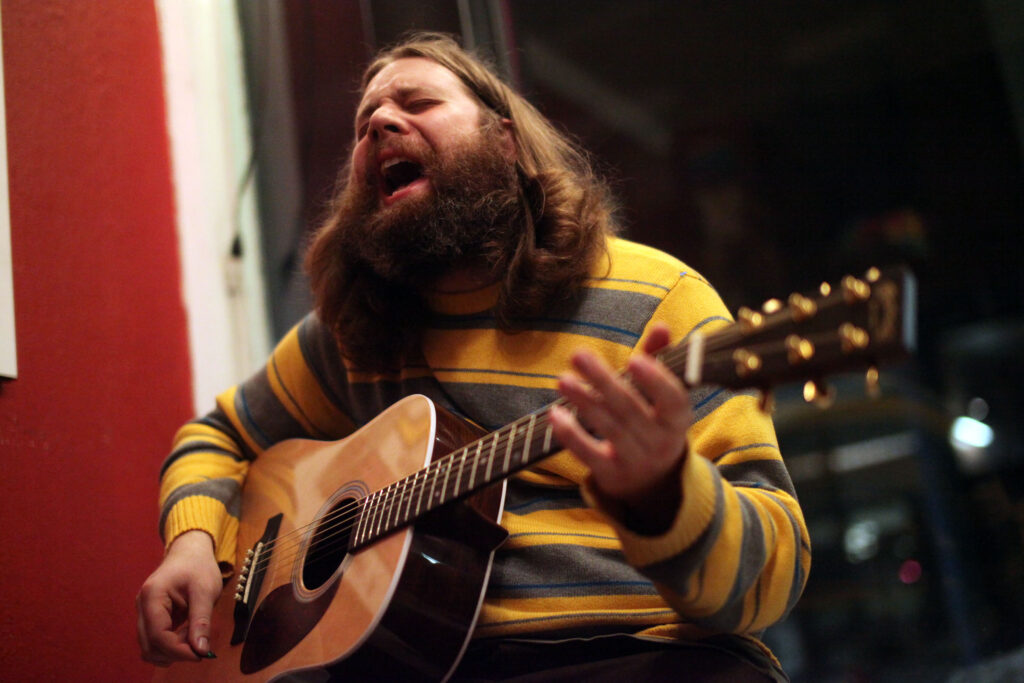
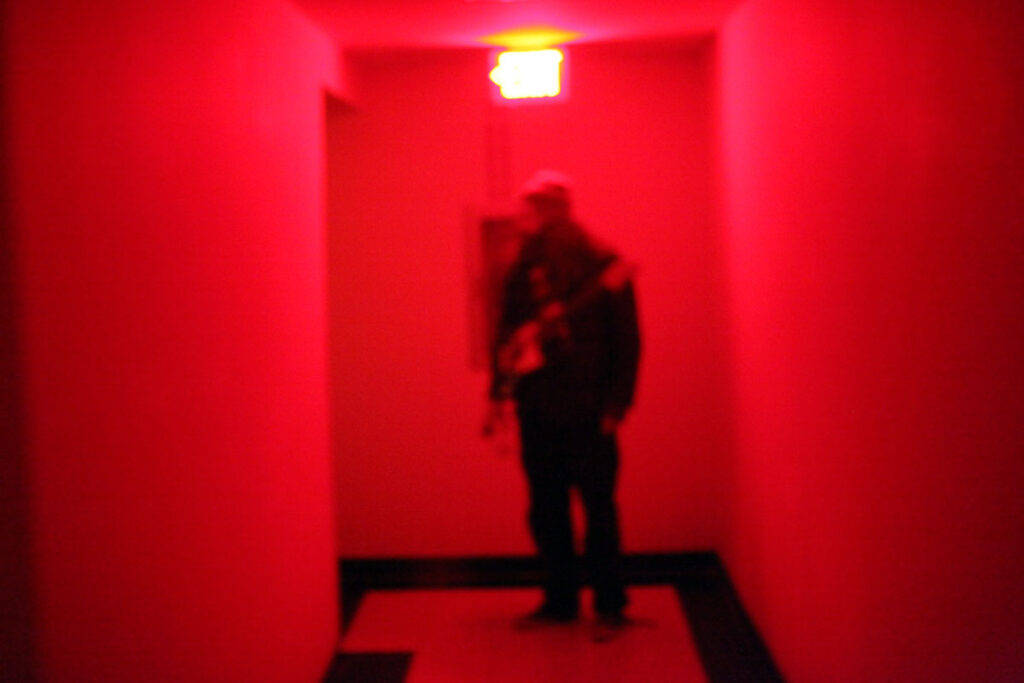
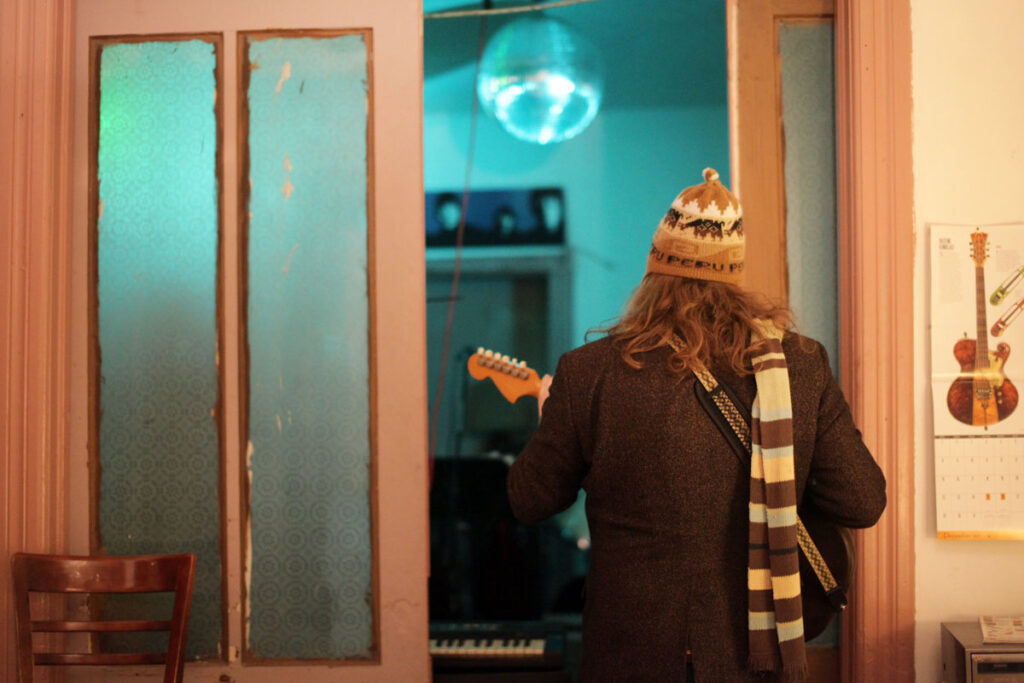
After a while
It loses its luster
It loses its nerve
It’s not as fun anymore
After a while
You have to sit up
You have to move on and away from it
You have to admit
Some time goes by
And it’s time to stand up
It’s time to give up
It’s time to walk off
Things that hold you up now
Will someday be erased
The termites will find it
And cancer it into toothpicks
Everything now
Will not be here forever
You already know this
But you don’t really know it
Don’t ask
Turn the card over to the other side
The side you can’t use
To win quarters and pretzel sticks
On a rainy Sunday afternoon
“Loser” By Patrick Porter, from The Intrusive Ache of Morning (The Press of the Third Mind: Chicago, 2000)
- Patrick Porter remembered as a creative force – June 30, 2025
- Protomartyr and Fashion Club at No Fun – June 13, 2024
- Sheer Mag at No Fun – May 5, 2024
